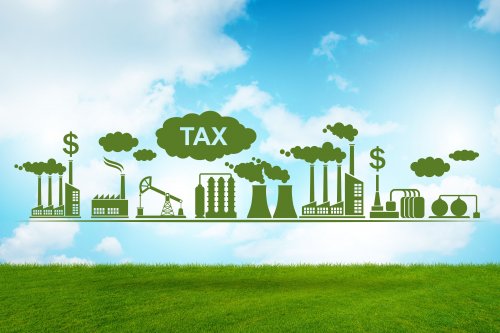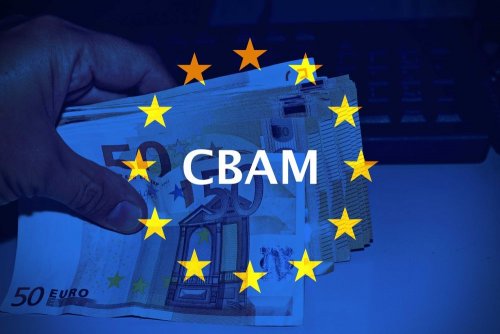Brazilian President Luiz Inácio Lula da Silva has signed a law that establishes a greenhouse gas emissions trading system (Cota Brasileira de Emissões – CBE) and regulates the sector. The document has already been published in the Federal Official Gazette.
This was reported by the Senado news agency.
The CBE divides the Brazilian carbon credit market into two sectors:
- regulated;
- voluntary.
The first includes government initiatives. The second concerns private initiatives that are more flexible.
For the so-called regulated sector, the law provides for the establishment of a governing body responsible for approving rules and applying sanctions for offenses committed by entities that will be subordinated to it. This will apply to government initiatives or organizations that emit more than 10,000 tons of carbon dioxide equivalent (CO2eq) per year.
Regulated organizations must submit a monitoring plan and activity reports to the governing body. However, the project will not affect agribusiness.
The voluntary sector is characterized by transactions with carbon credits or assets that are part of the CBE, voluntarily established between parties to voluntarily offset greenhouse gas emissions, and which do not result in adjustments to national emissions reports.
Andre Oliveira, Senior Strategic Analyst for Ferrous Metals and DRI Partner at XSpark Independent Consulting & Floresta SA, said that the introduction of a national carbon market will take place in 5 phases:
- Phase 1 (12 to 24 months): initial regulation, establishment of a governing body and identification of sectors to be regulated. During this phase, the operational details of the system and the legal framework for the market will be defined.
- Phase 2 (12 months): commissioning of the emissions monitoring, reporting and verification (MRV) system. Companies will have to report their emissions in a standardized manner, creating a database that will allow for market monitoring.
- Phase 3 (24 months): Start of the obligation to submit emission reports and monitoring plans, which will provide the data needed for the first National Allocation Plan (NAP).
- Phase 4: start of the first allocation cycle and first auctions. The PNA will be published, setting out the rules for allocating allowances and the initial volume available to the market. At this stage, the first CBEs involving regulated companies will be issued and traded.
- Phase 5: full implementation of the market, with the first auction of CERs and the launch of a secondary market to allow for negotiations between companies.
The carbon market will allow companies and countries to offset emissions by purchasing credits related to environmental initiatives. The purpose of its implementation is to stimulate the reduction of pollutant emissions and mitigate the effects of climate change.
As EcoPolitic previously reported, Ukraine is preparing to launch the ETS in 2028. The Ministry of Environmental Protection and Natural Resources has published an Action Plan for the creation of a national ETS.
We also told you that the EU calculated how effective its carbon market was in 2023-2024.





